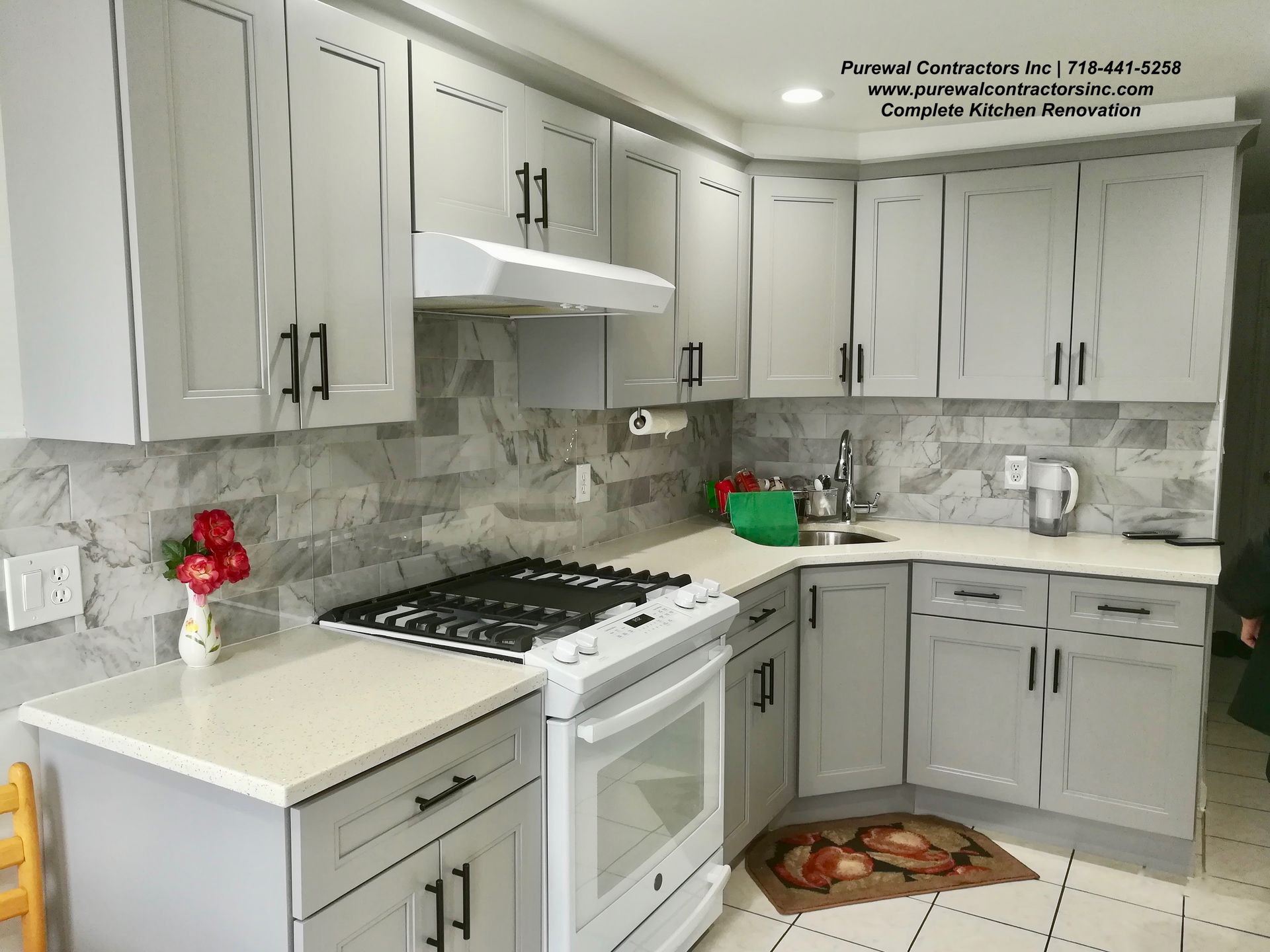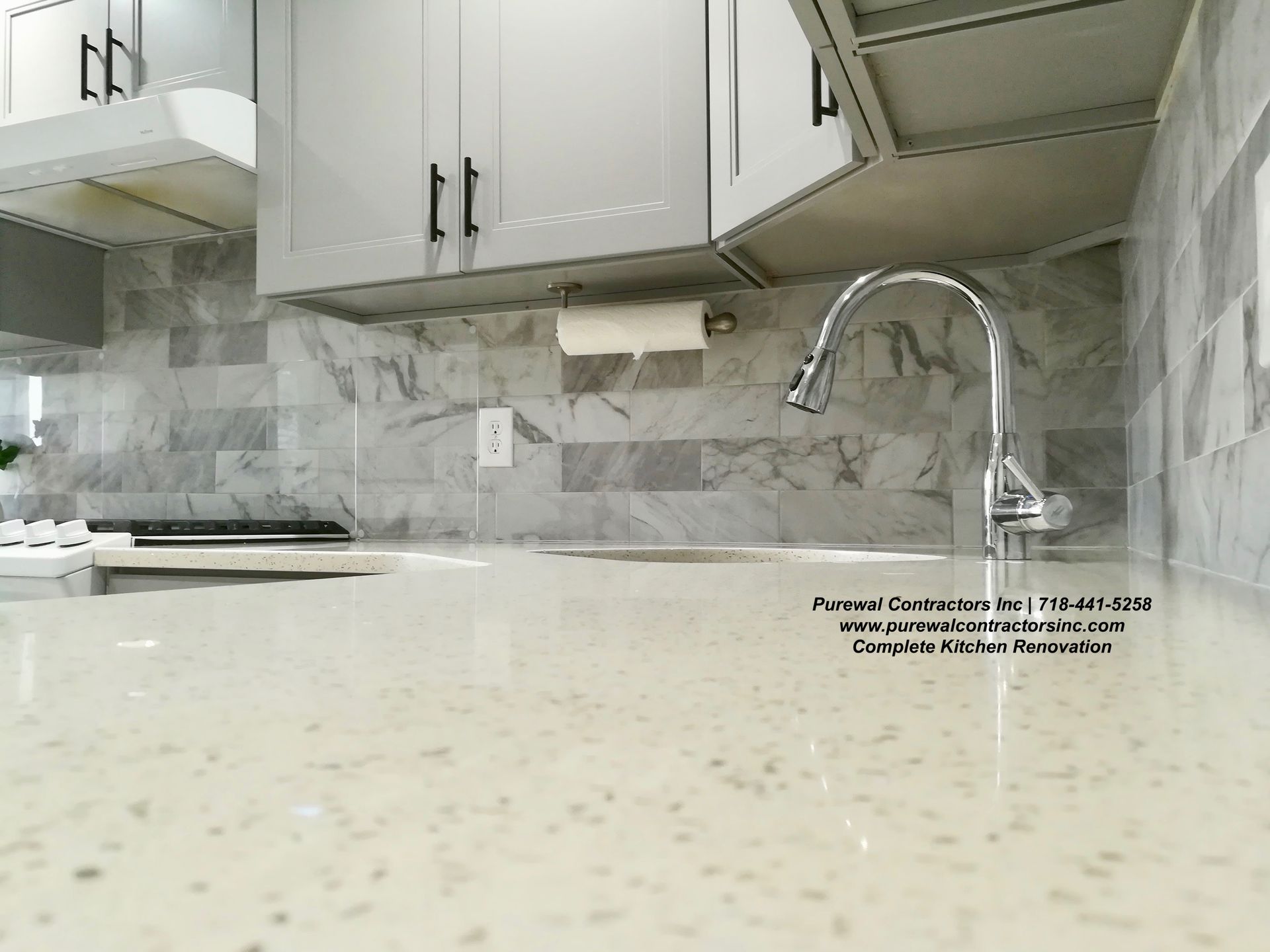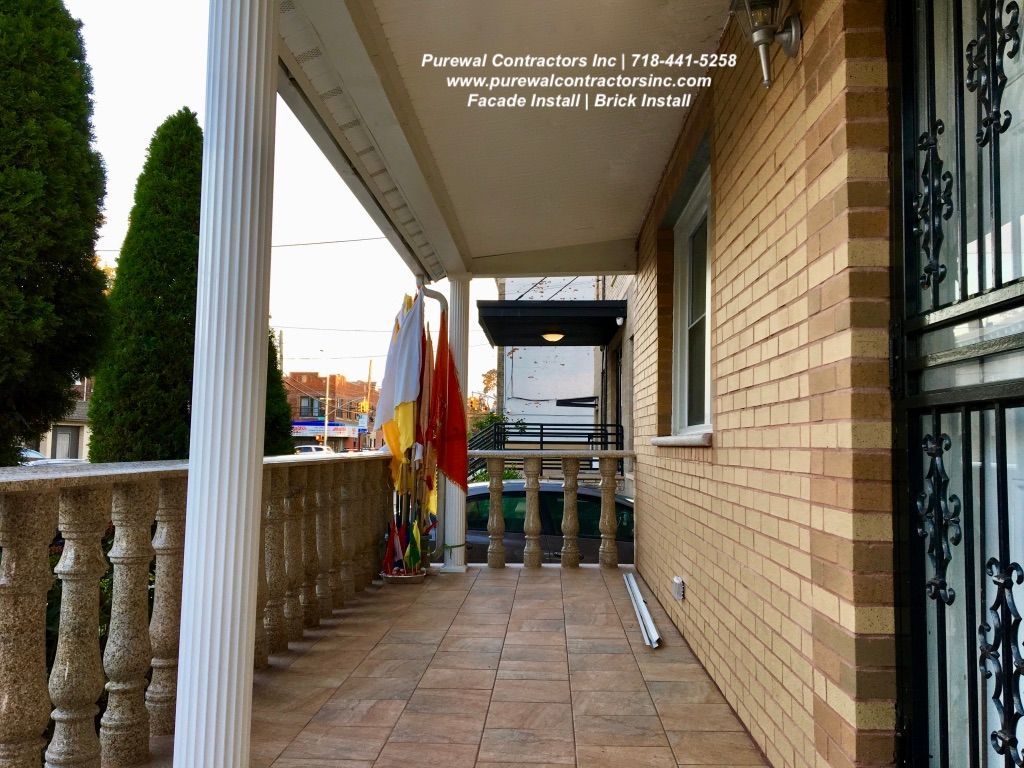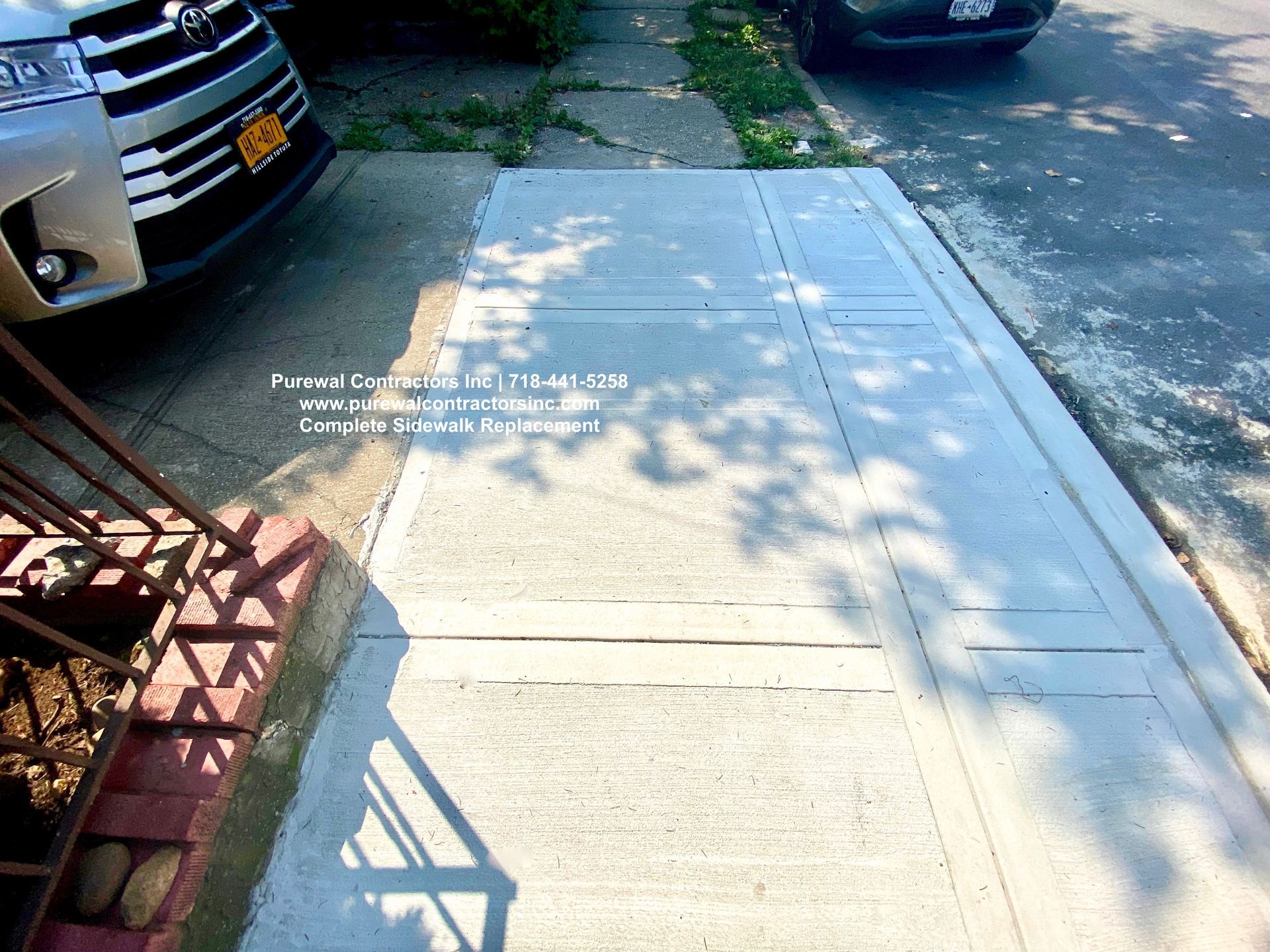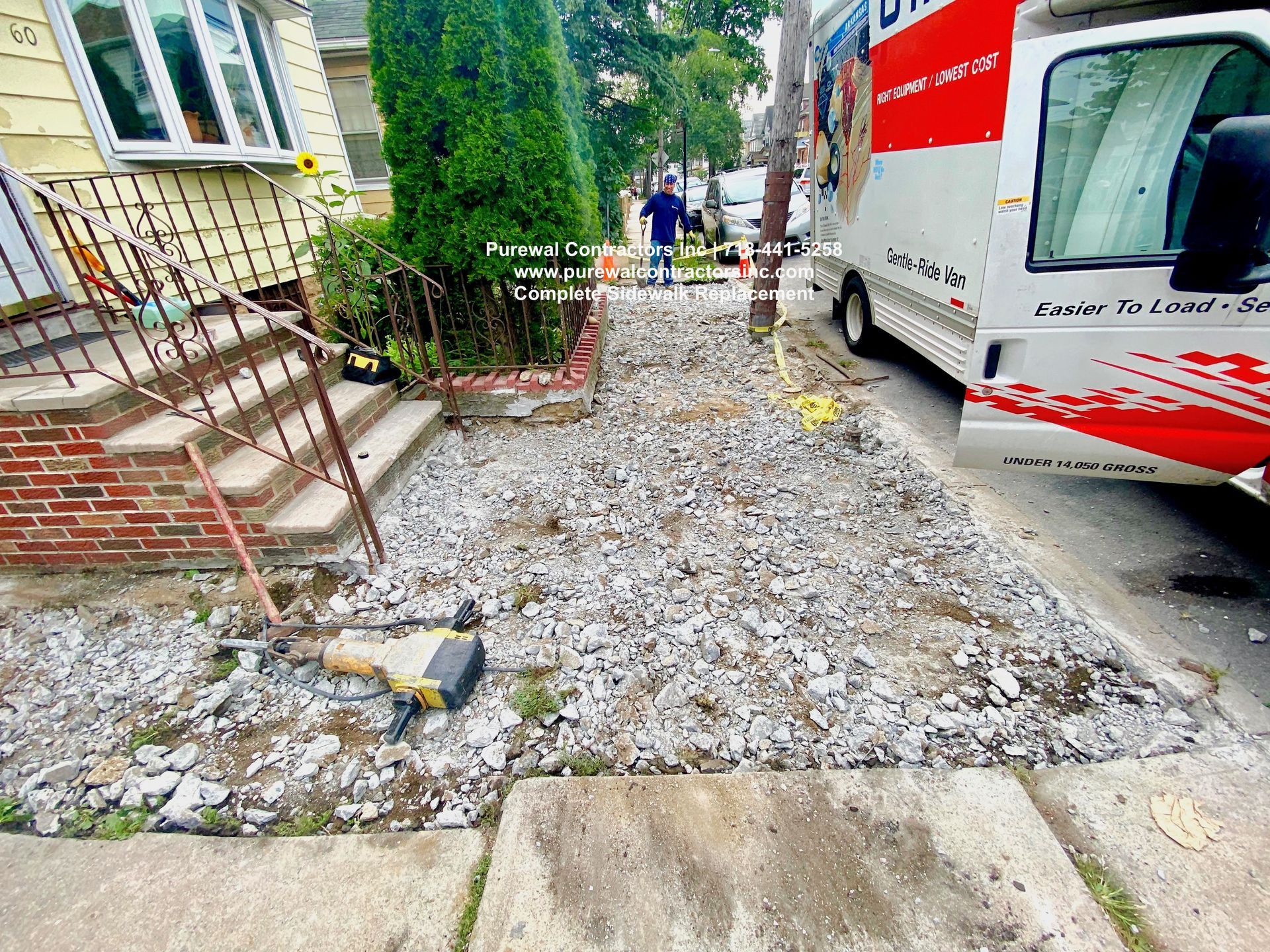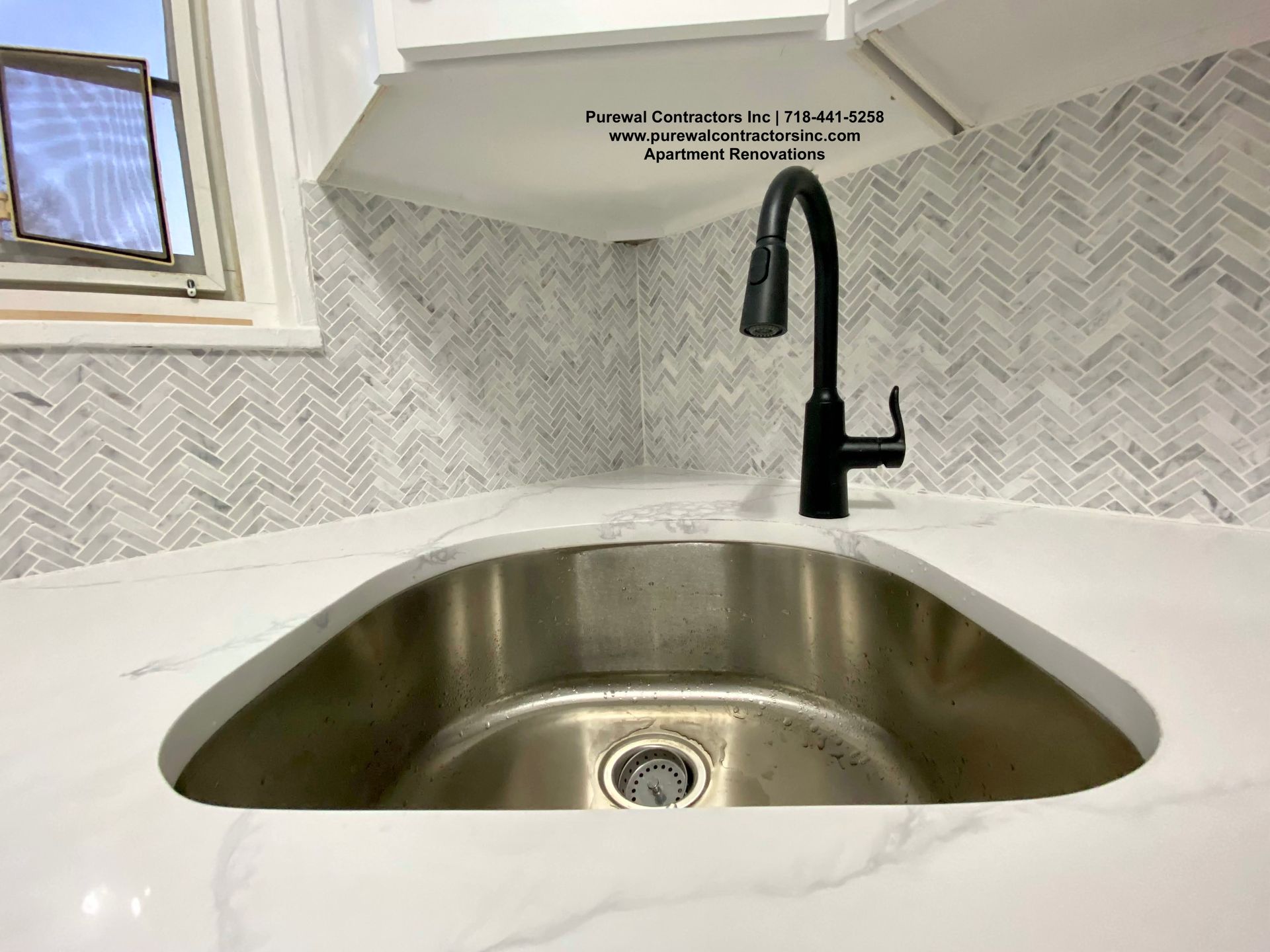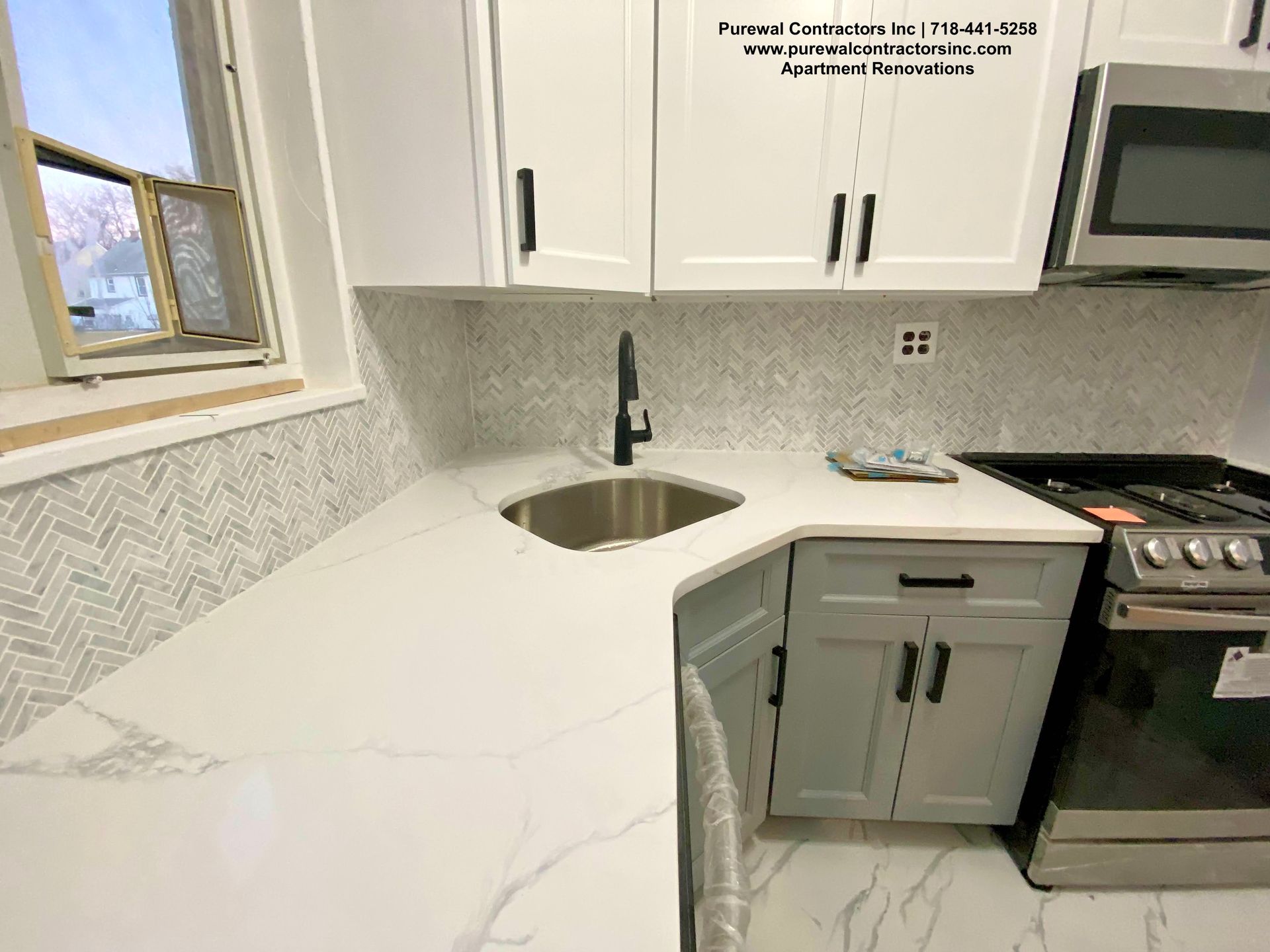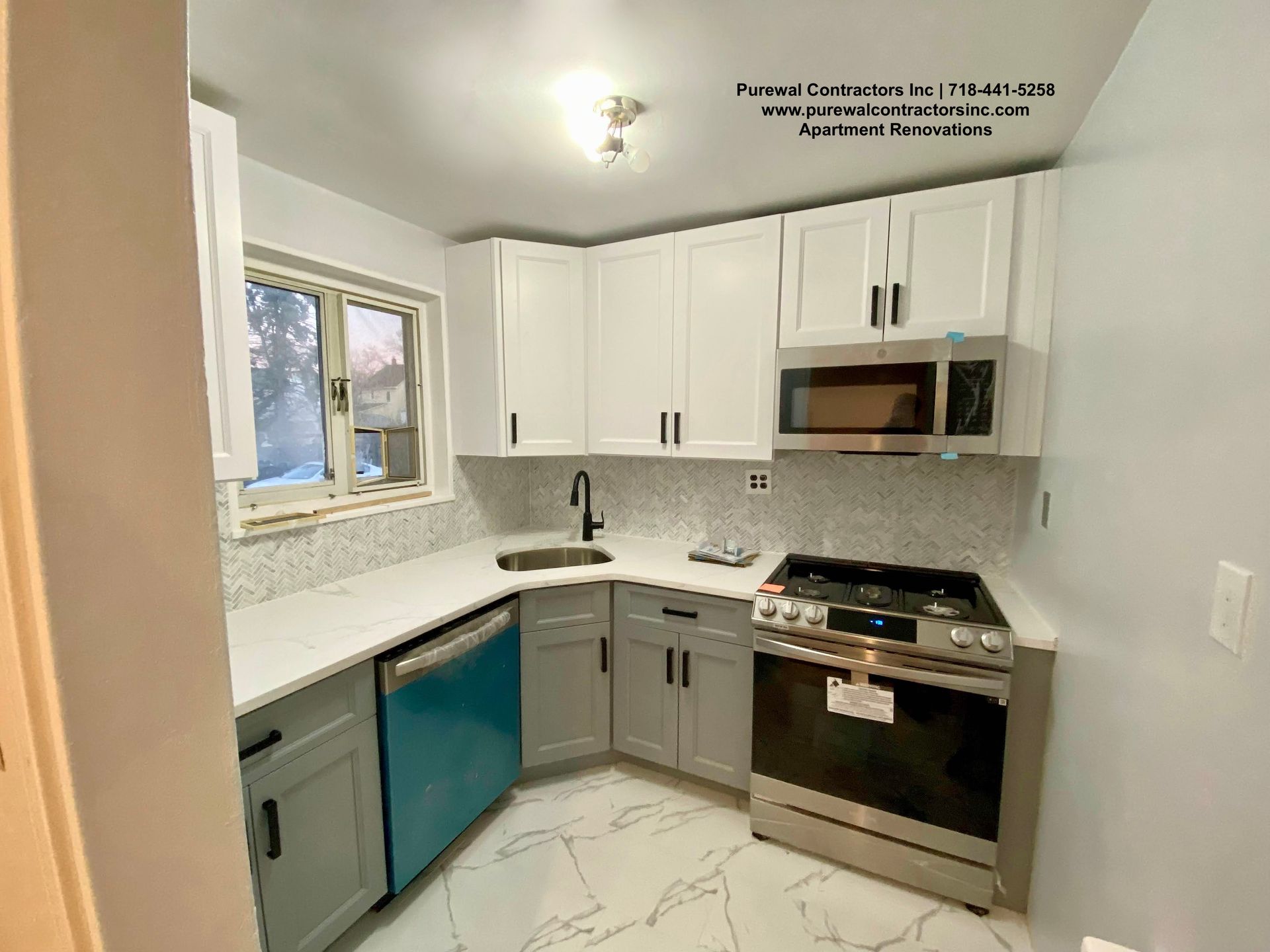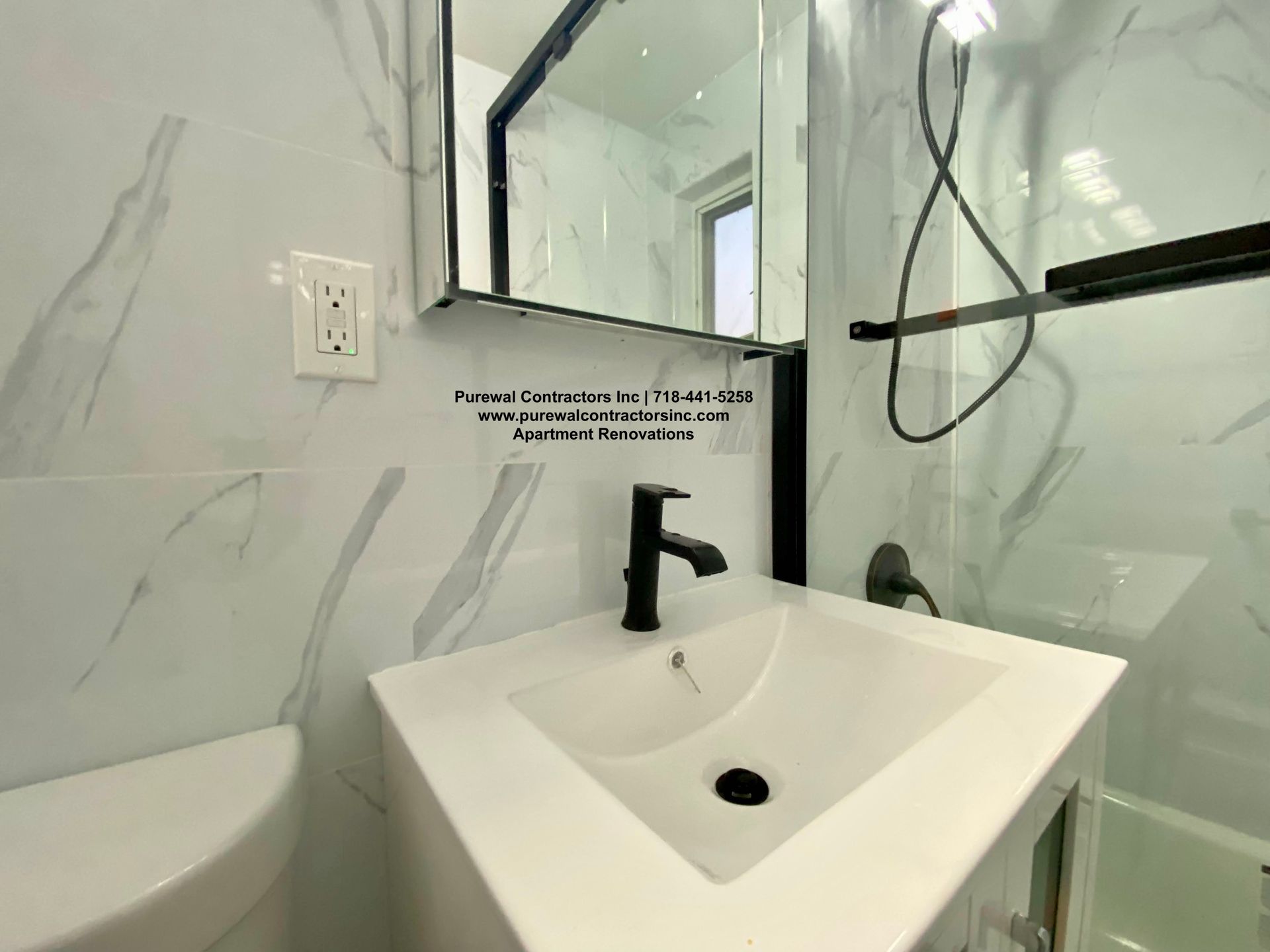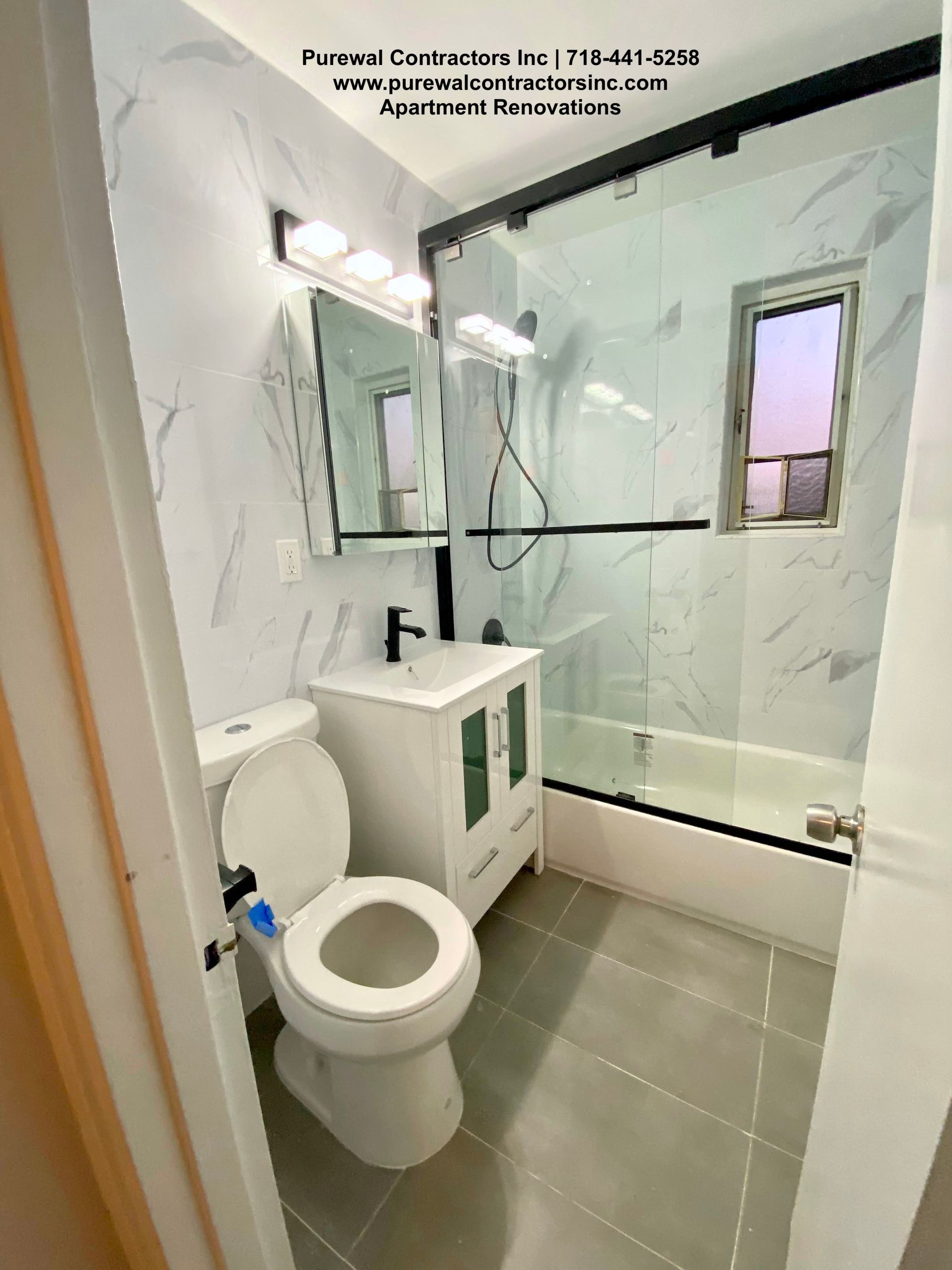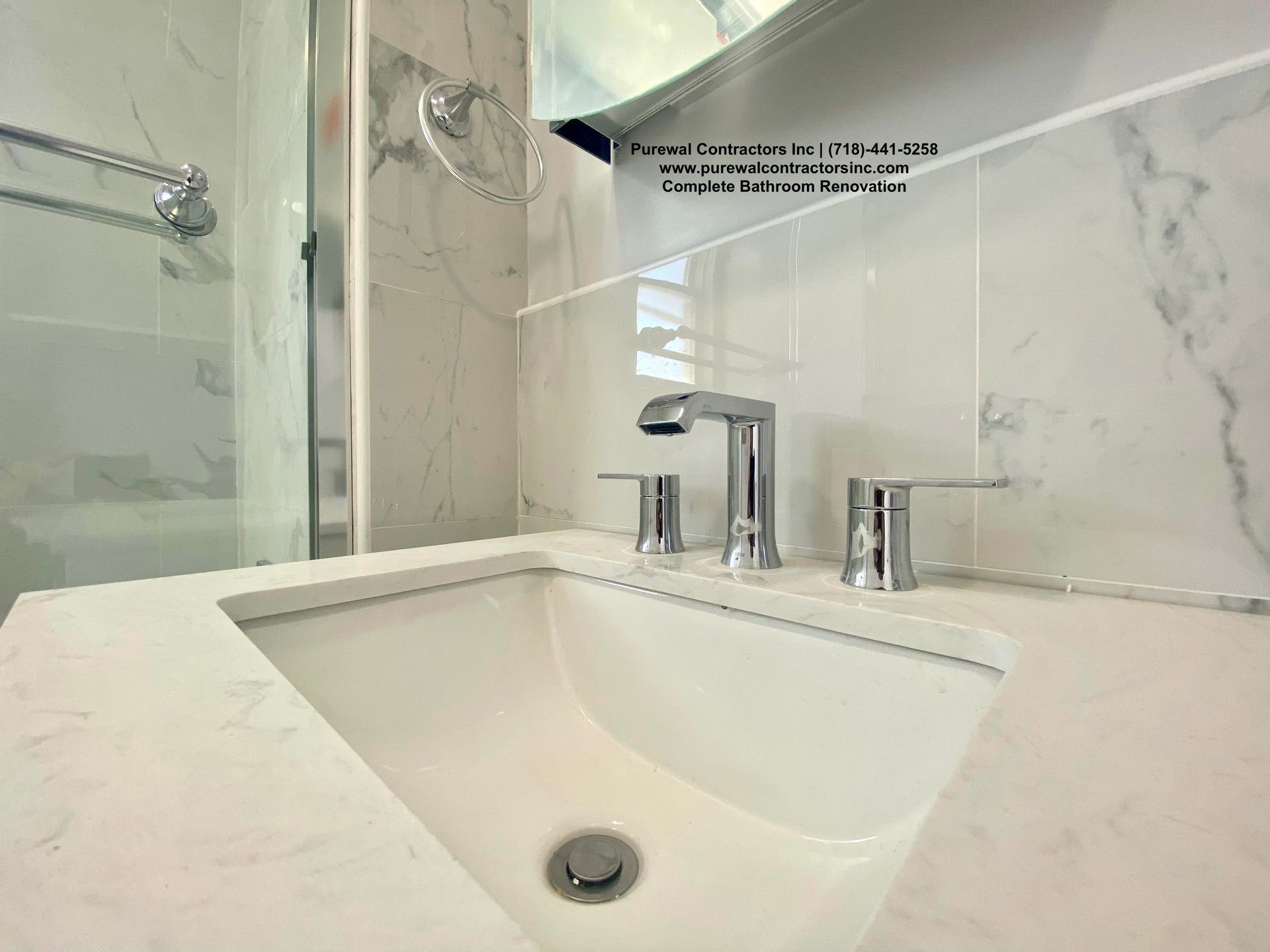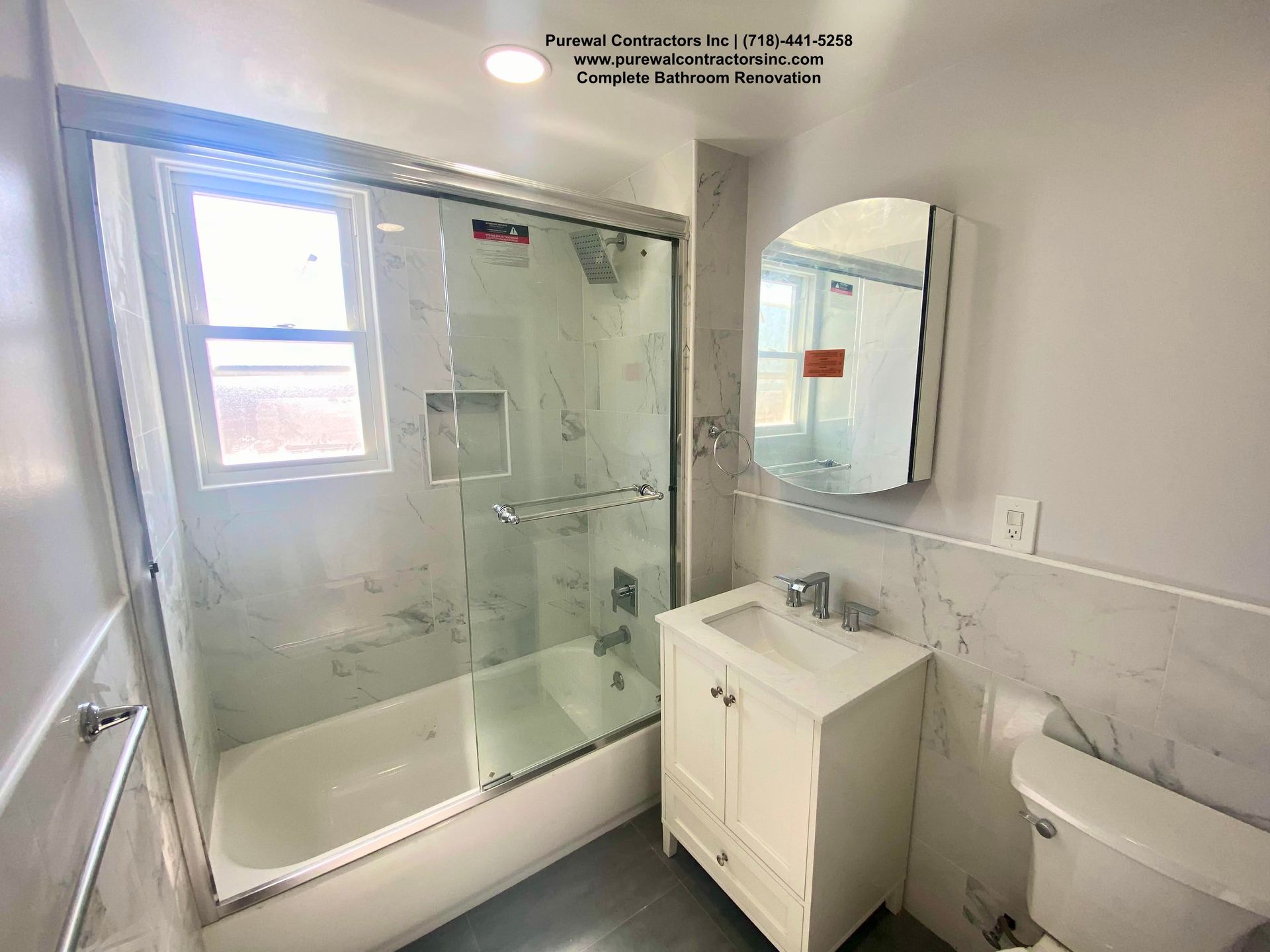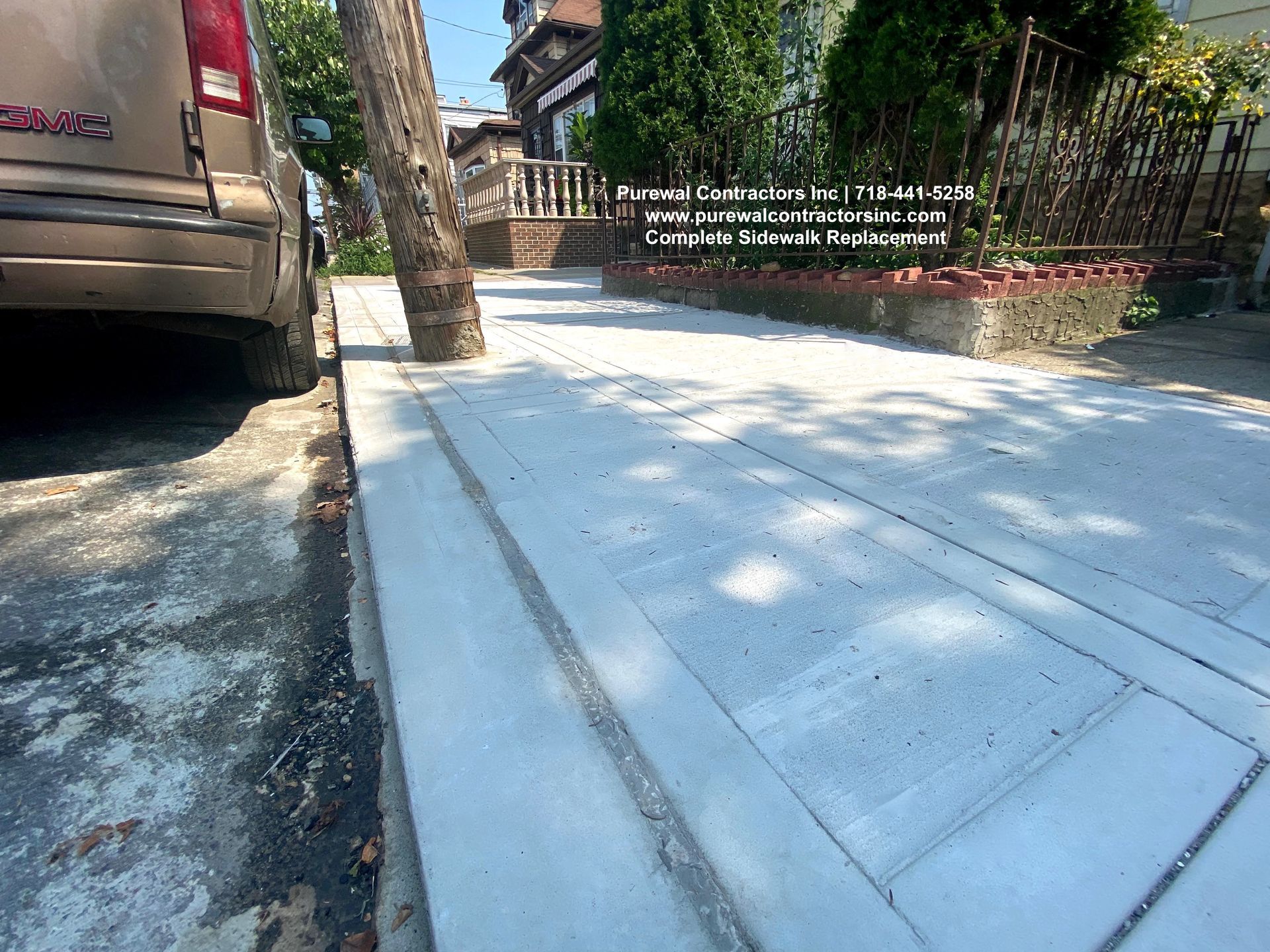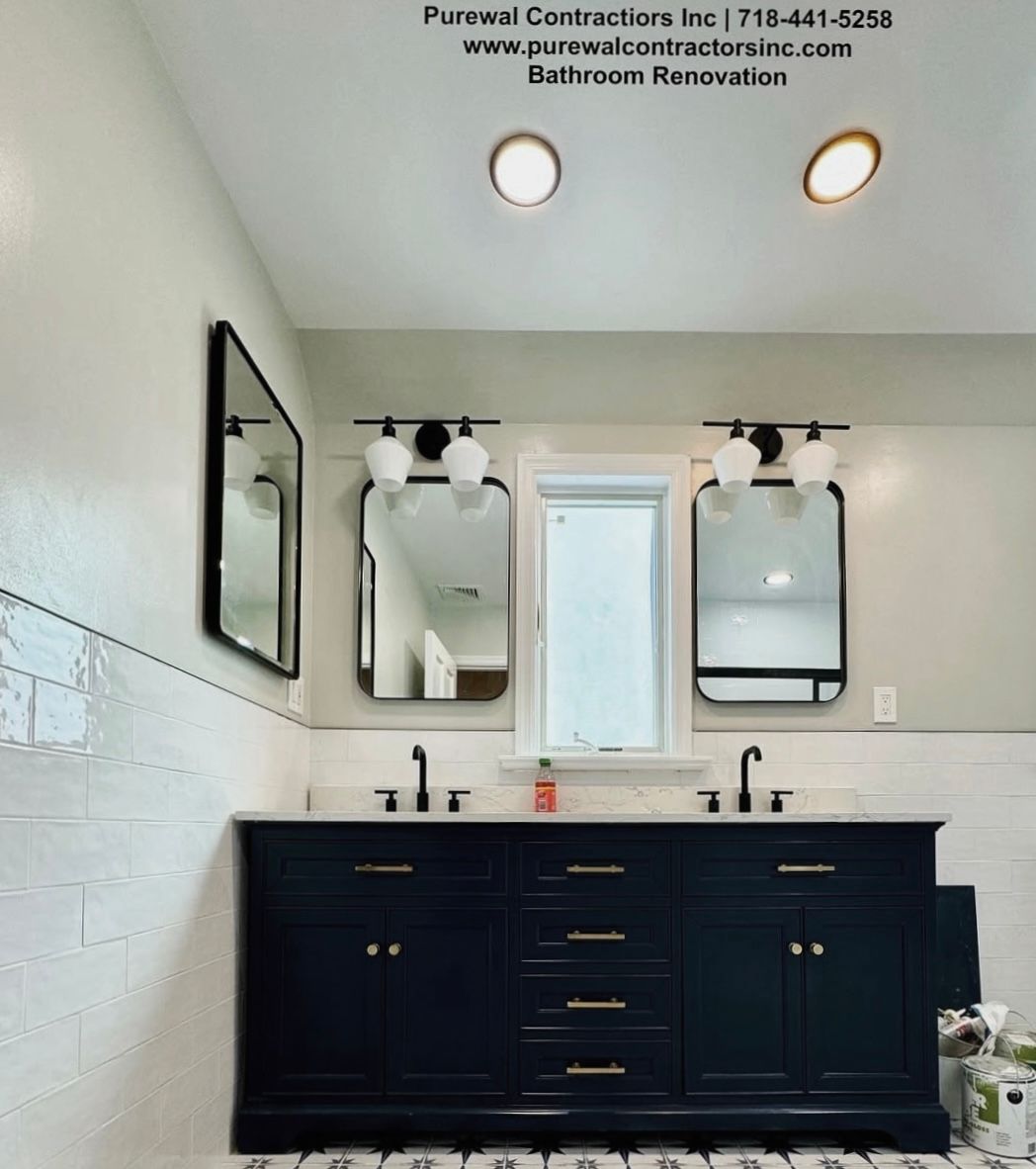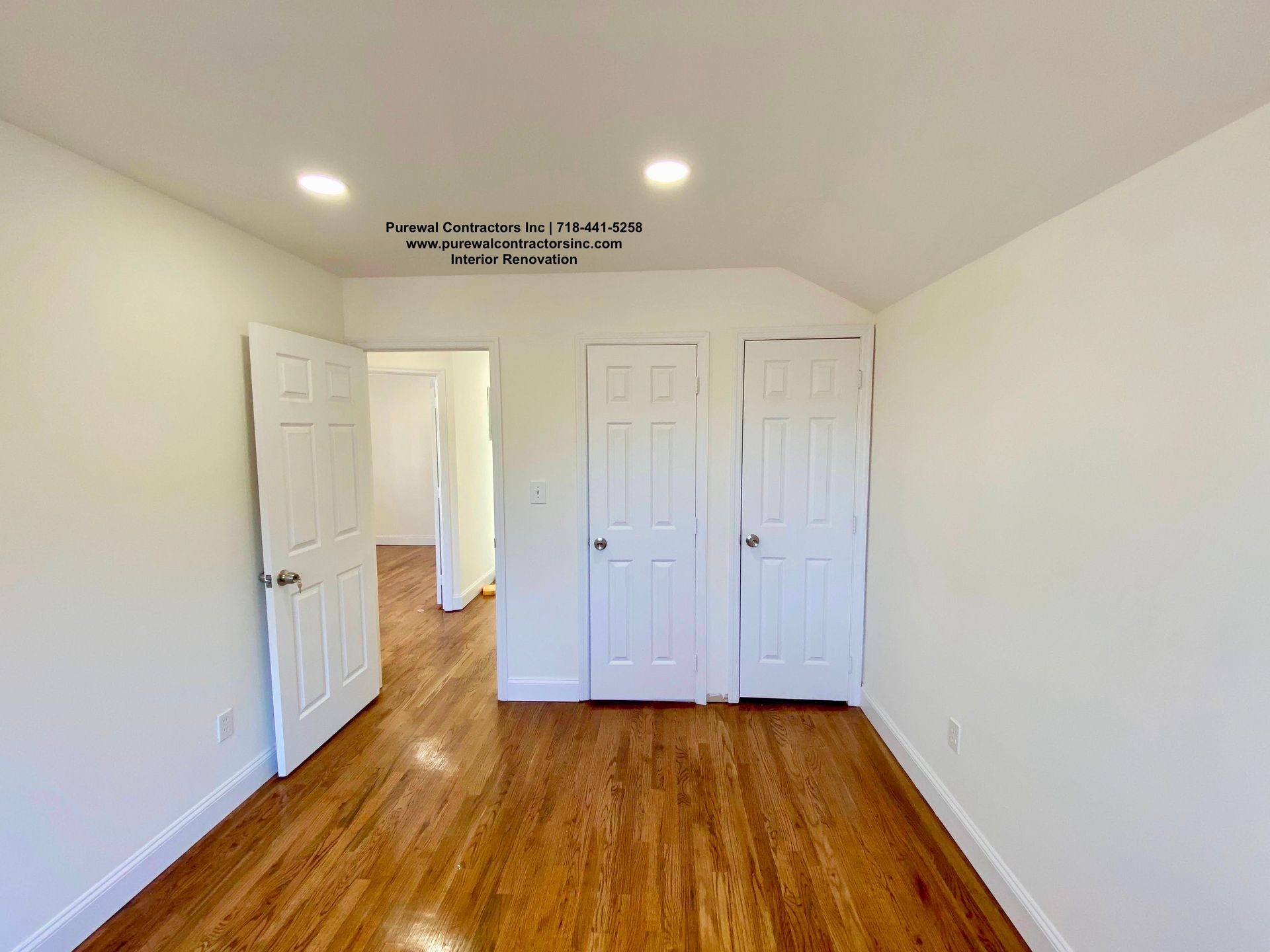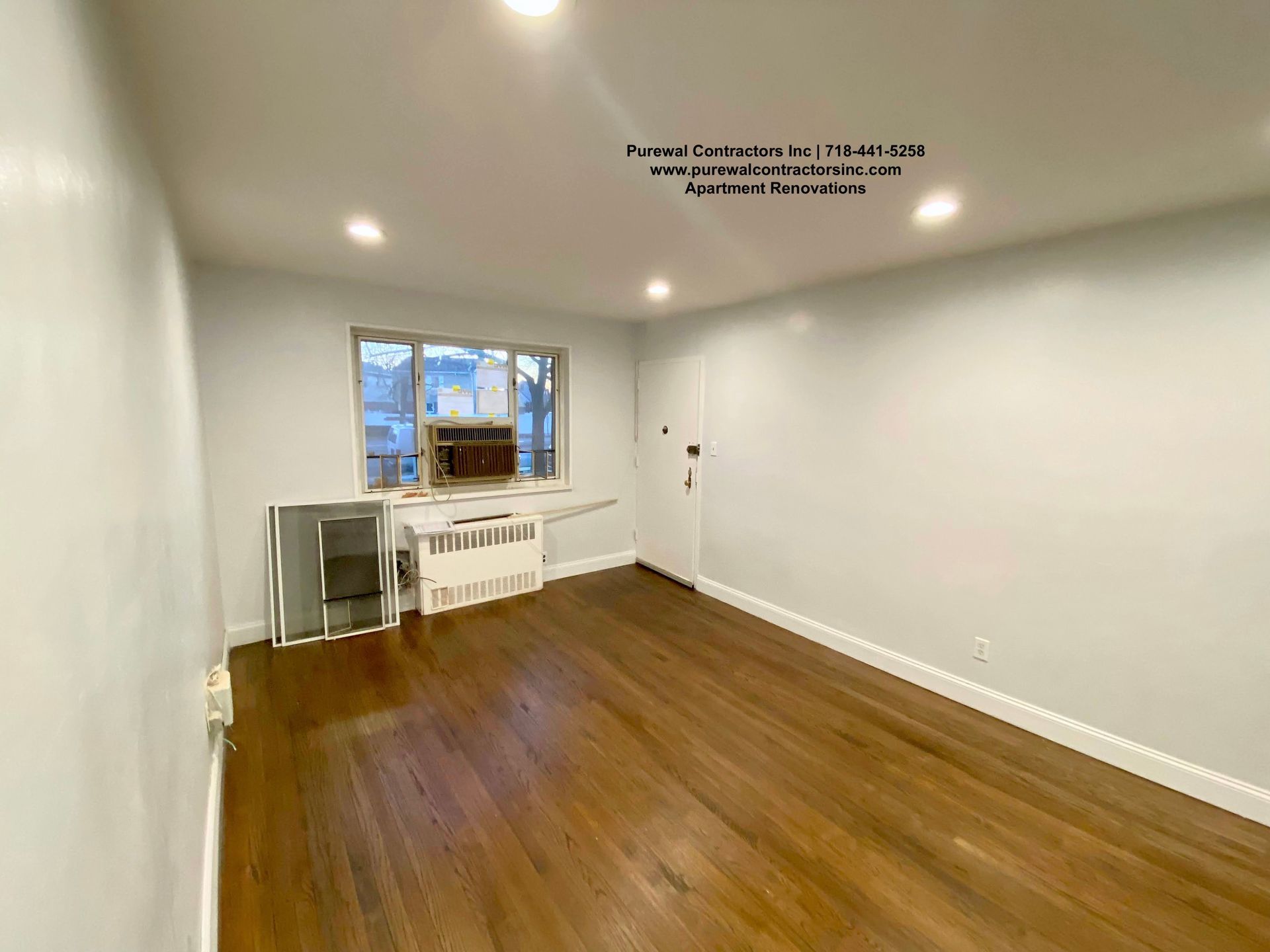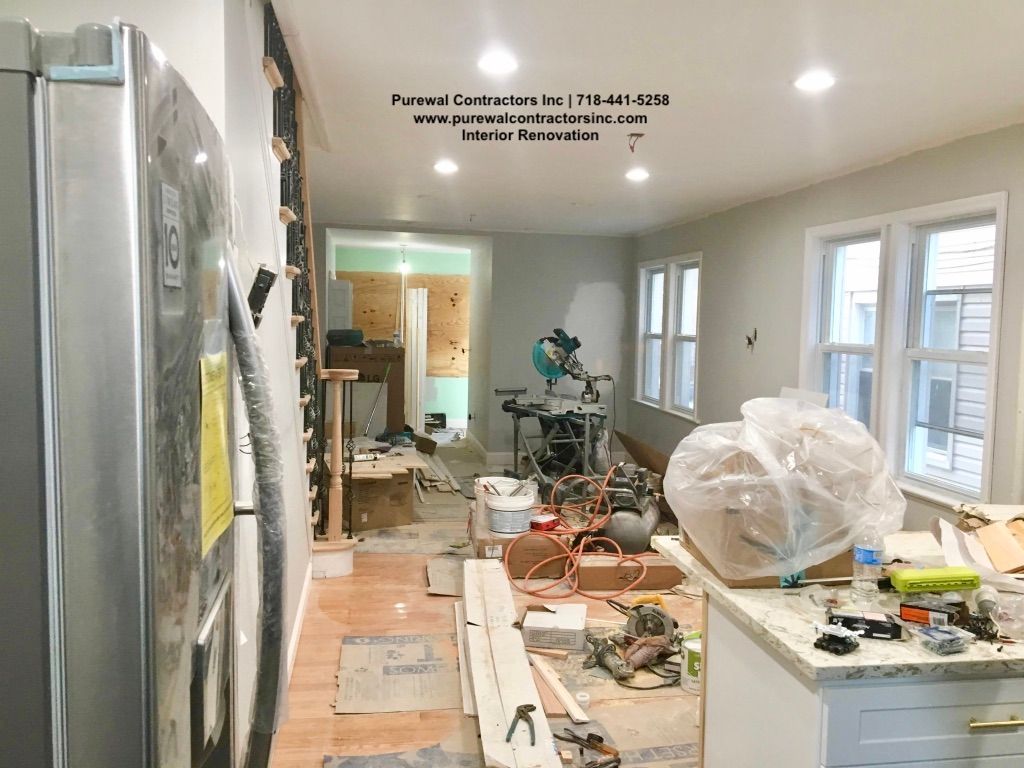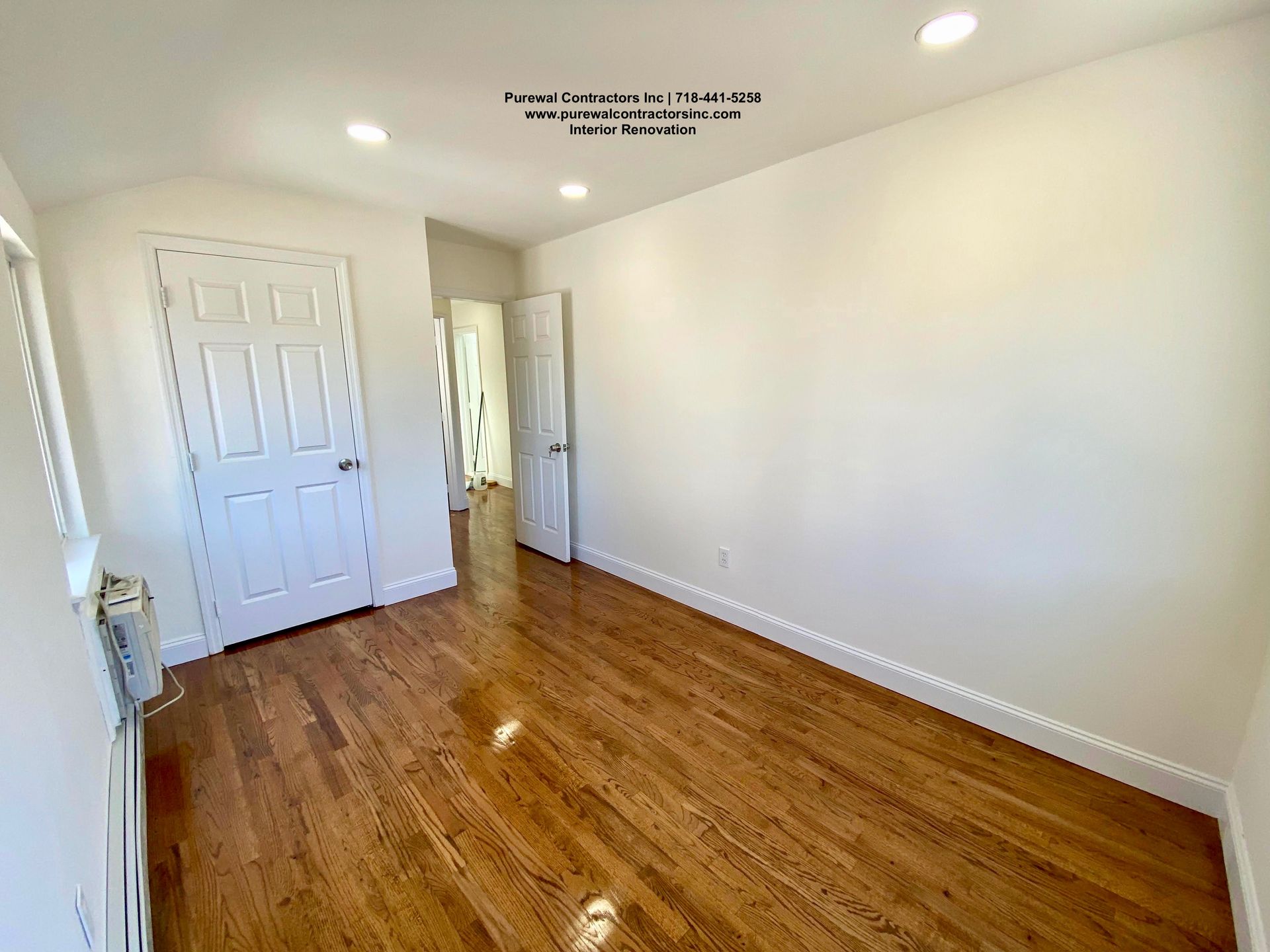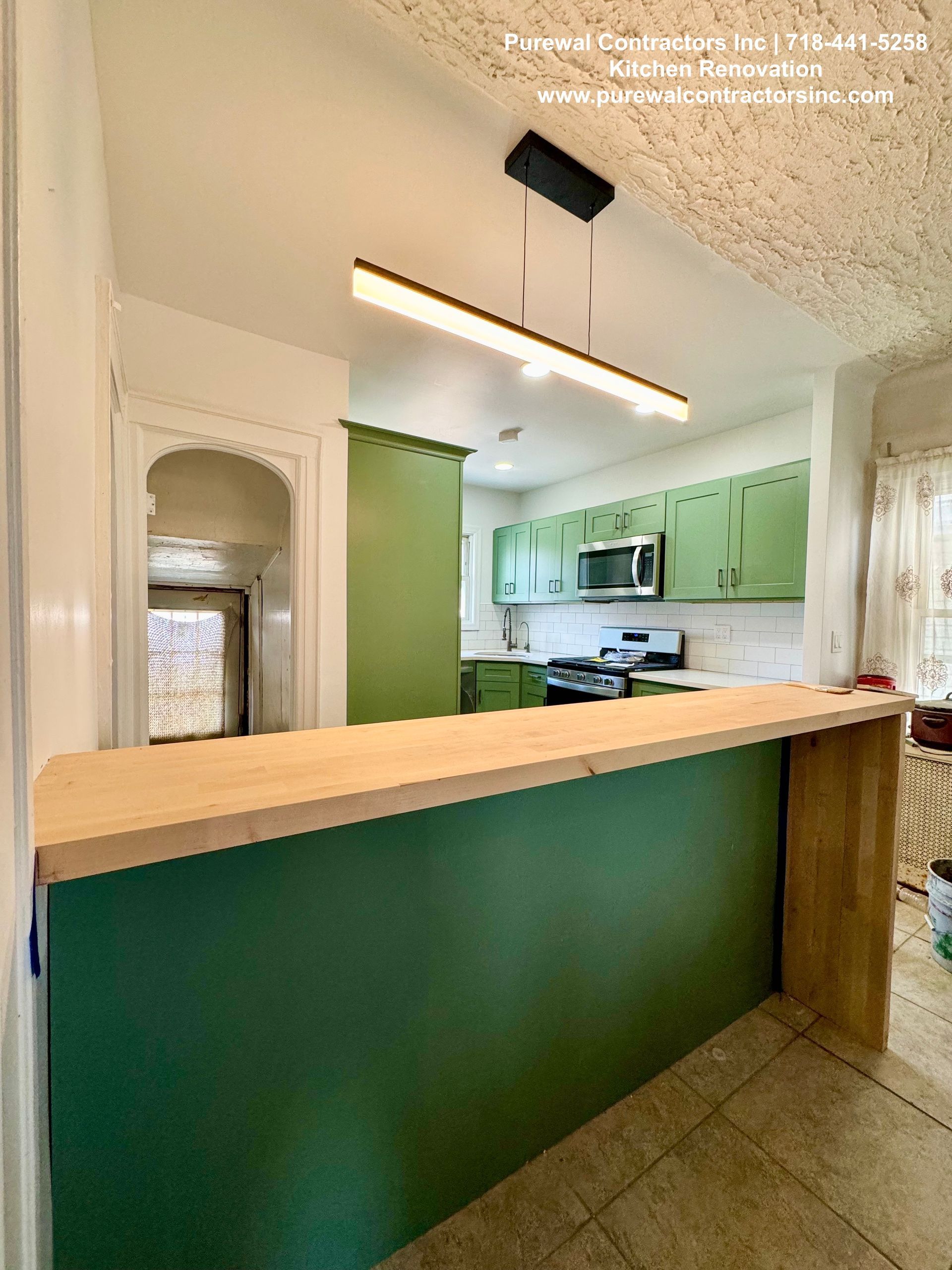Understanding Full Second Floor Extension Costs on Long Island: What You Need to Know
PUREWAL CONTRACTORS INC • April 6, 2025
Offering valuable insights into the construction industry, featuring expert tips, project showcases, and the latest trends. Providing practical advice for homeowners and builders alike, helping you make informed decisions about renovations and new builds
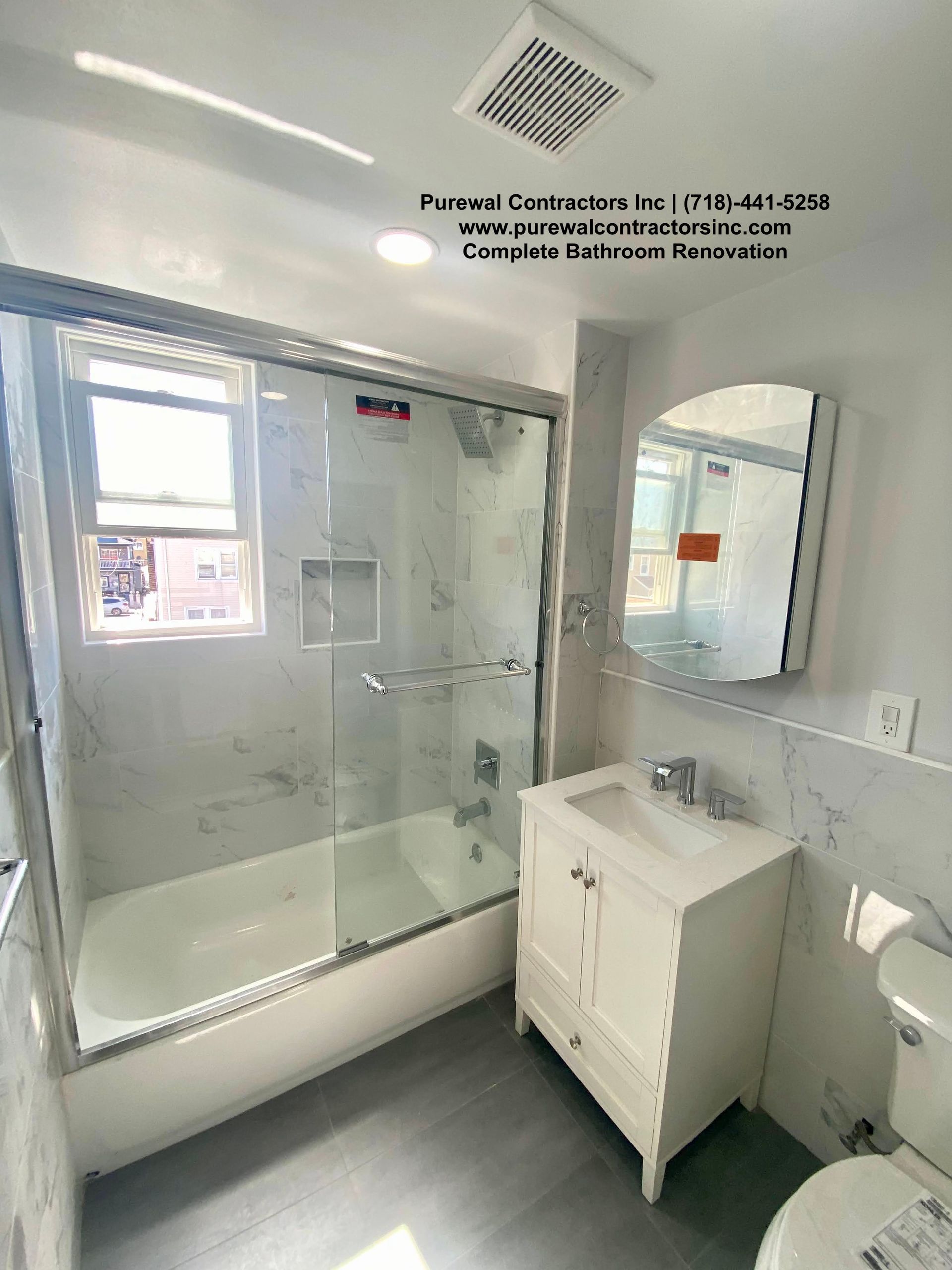
As Long Island’s housing market continues to grow and evolve, many homeowners are opting for full second-floor extensions to maximize their living space, avoid the hassle of moving, and significantly increase the value of their properties. Whether you need more bedrooms for a growing family or want to create a spacious home office, a second-floor extension can be the perfect solution. However, before jumping into this major home renovation project, it’s essential to understand the costs involved to ensure that your investment aligns with your budget and goals.
In this comprehensive guide, we will explore the average costs for a full second-floor extension on Long Island, key factors that influence pricing, the additional expenses you might not have anticipated, and tips on how to keep your project within budget.
What Is a Full Second-Floor Extension?
A full second-floor extension is essentially the construction of an entire new level on top of your existing home. Unlike adding a small dormer or finishing an attic, this type of project involves a major structural upgrade, adding significant square footage and potentially transforming the entire layout of your home. Whether you’re creating an extra floor with multiple bedrooms, bathrooms, or a spacious living area, a full second-floor extension offers the opportunity to expand vertically while preserving your existing property’s footprint.
The process of building a second-floor extension is complex and requires careful planning, engineering, and coordination with contractors. Structural considerations are crucial, as your existing home must be able to support the added weight and load. From foundation work to roof modifications, a full second-floor extension requires expert handling, professional designs, and a well-managed construction schedule.
Average Cost of a Full Second-Floor Extension on Long Island
Building a second-floor extension is a significant investment, and the price can vary widely depending on various factors such as the size of the project, the complexity of the design, and the materials used. On Long Island, homeowners can generally expect to pay anywhere from $200,000 to $450,000 for a full second-floor extension. Below, we’ll break down the costs based on key considerations:
1. Size of the Extension
- The size of your second-floor extension will have a direct impact on the cost. Larger extensions require more materials, labor, and time to complete, driving up the overall price.
- Small Extension (500-700 sq. ft.): For a smaller second-floor extension, which might add a couple of bedrooms or a small living area, costs can range from $200,000 to $300,000. This price would typically cover basic finishes of hardwood floors, tiled bathrooms, led lighting, vinyl siding, etc
- Medium Extension (700-1,000 sq. ft.): A medium-sized extension, which could include multiple bedrooms, a master suite, or a large family room, might cost between $300,000 and $400,000. This price range would include higher-end finishes, more complex designs, examples include tray ceilings, millwork across walls, archer doorways, brick/paver patios, etc
- Large Extension (1,000+ sq. ft.): For a larger second-floor extension with multiple rooms or luxury finishes, the cost could range from $400,000 to $450,000 or more. This would typically involve more custom design work, examples include marble bathrooms, a full designed exterior landscape, and light up driveway, and brick exterior siding.
2. Materials and Finishes
- The materials you choose for both the exterior and interior of your second-floor extension play a major role in determining the overall cost. High-quality, luxury materials like custom cabinetry, hardwood floors, designer fixtures, and energy-efficient windows will add to the price.
- Exterior Finishes: The materials used for the roof, siding, windows, and other exterior elements can vary significantly. Opting for premium roofing materials like slate or metal can increase costs, while more standard options like asphalt shingles will keep things more affordable.
- Interior Finishes: Inside the extension, things like flooring, cabinetry, lighting fixtures, and bathroom finishes can all affect costs. A luxury kitchen or spa-like bathroom will push the overall cost up, while using more standard finishes will help keep costs lower.
3. Design and Complexity
- The complexity of the design will also influence the cost of your second-floor extension. If you want a custom design with intricate architectural details, it will cost more to implement. For example, unique rooflines, large picture windows, or a complex floor layout will all drive up labor and material costs.
- Alternatively, a straightforward, simple design with minimal customization will be less expensive. It's important to keep in mind that more elaborate designs can also increase the amount of time it will take to complete the project, adding to labor costs.
Factors That Impact Full Second-Floor Extension Costs
1. Structural Integrity and Reinforcements
Before you can begin construction, your home will need to be evaluated by a structural engineer to determine whether it can support the weight of an additional floor. If your home’s foundation or framing is not strong enough, extensive reinforcements may be required, which can add significant costs.
Older homes, in particular, may require substantial updates to meet modern building codes. Foundation work, beam replacements, and other structural modifications could add $10,000 to $50,000 or more to the project cost.
2. Permits and Approvals
Building a second-floor extension requires various permits, including zoning approvals, structural permits, electrical and plumbing permits, and inspections. The cost of these permits can vary, but on Long Island, you can expect to pay anywhere from $1,000 to $10,000 for all necessary documentation and inspections. It’s important to ensure that your contractor handles all the necessary paperwork to avoid costly delays or fines.
3. Utility Upgrades
When adding a second floor, you’ll need to upgrade your home’s plumbing, electrical, and HVAC systems to accommodate the added space. These upgrades might involve installing new ducts, upgrading electrical panels to 200 amp, or rerouting plumbing lines, to even increasing the sewer line and water main line to the street. Depending on the complexity, these utility upgrades could cost anywhere from $5,000 to $20,000 or more.
Conclusion
- A full second-floor extension on Long Island can significantly enhance the functionality and value of your home, providing the space you need to accommodate a growing family or new lifestyle needs. While the project comes with a hefty price tag, understanding the cost breakdown, considering all the factors that affect pricing, and following smart cost-saving strategies will help ensure you’re prepared for this exciting home renovation. With careful planning and the right professionals by your side, a second-floor extension can be a rewarding investment that transforms your home for years to come.

